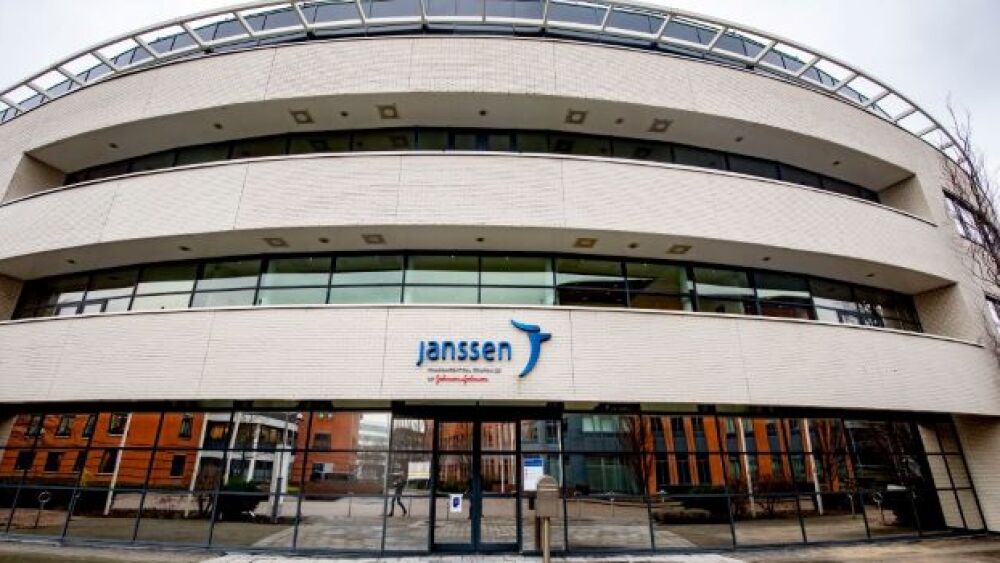A final analysis of the Phase III TITAN study shows that Janssen’s ERLEADA®, when added to androgen deprivation therapy, significantly improved overall survival in patients with metastatic castration-sensitive prostate cancer (mCSPC) compared with placebo.
Niels Wenstedt/BSR Agency/Getty Images
A final analysis of the Phase III TITAN study shows that Janssen’s ERLEADA® (apalutamide), when added to androgen deprivation therapy (ADT), significantly improved overall survival (OS) in patients with metastatic castration-sensitive prostate cancer (mCSPC) compared with placebo.
Janssen announced the findings from this study on Monday, and researchers involved in the trial are set to present these findings during an oral presentation session at the virtual American Society of Clinical Oncology’s Genitourinary (ASCO GU) Cancers Symposium, which will take place February 11-13, 2021 (Abstract #11; Rapid Abstract Session: Prostate Cancer, February 11, 3:30 p.m.-4:15 p.m. EST).
Over a nearly four-month follow-up period, treatment with ERLEADA® plus ADT in 524 patients with mCSPC was associated with a 35% reduction in the risk of mortality compared with ADT alone in 527 patients with mCSPC (hazard ratio [HR], 0.65; p<0.0001).
According to a statement about the multicenter TITAN trial, the findings were similar to primary analyses of the trial, despite the almost 40% crossover rate of the placebo arm to the ERLEADA® group. In an analysis adjusted for crossover patients, there was an improvement in OS as evidenced by a 48% increased reduction in risk of death (HR, 0.52; p<0.0001).
Additionally, the researchers noted consistent benefit with ERLEADA® plus ADT across other study endpoints, such as improved second progression-free survival (PFS) (HR, 0.62; p<0.0001) and delayed castration resistance (HR, 0.34; p<0.0001).
Treatment with ERLEADA® was also associated with continued maintained health-related quality of life. The safety and tolerability profiles of the treatment were also similar to that reported in previous studies.
Dr. Kim Chi, Medical Oncologist at BC Cancer - Vancouver and principal investigator of the TITAN study said, “The TITAN final analysis further confirms that treatment with apalutamide can prolong overall survival and offer a clear long-term clinical benefit and established safety profile for patients with metastatic prostate cancer who are starting androgen deprivation therapy.” Chi noted that the data in this trial confirm that “ADT alone should no longer be considered sufficient for patients with advanced, castration-sensitive disease.”
On the same day of the announcement of the TITAN findings, Janssen announced positive findings from the double-blind, placebo-controlled Phase III ACIS study. This study met its primary endpoint of radiographic PFS (rPFS) with a corresponding 31% reduction in the risk of either radiographic progression or death in patients with chemotherapy-naïve mCSPC treated with ADT and a combination of ERLEADA® plus ZYTIGA® plus prednisone compared with placebo.
In the ACIS trial, patients were randomized to either a combination of ERLEADA® and ZYTIGA® plus prednisone (combination group) or placebo and ZYTIGA® plus prednisone (control). The combination treatment was associated with a 6-month extension in the median rPFS compared with control (22.6 vs. 16.6 months, respectively; HR, 0.69; 95% CI, 0.58-0.83; p<0.0001).
At a median follow-up of 54.8 months, there was a 30% reduction in the risk of radiographic progression or death in the combination arm versus the control group (median time to rPFS, 24 vs. 16.6 months, respectively: HR, 0.70; 95% CI, 0.60-0.83).
“Data from the ACIS study showed a meaningful increase in rPFS in evaluating the combination of apalutamide and abiraterone acetate plus prednisone in the treatment of metastatic castration-resistant prostate cancer,” said principal study investigator, Dana Rathkopf, M.D., medical oncologist at Memorial Sloan Kettering Cancer Center. “Insights from the ACIS study regarding differences in benefit for specific patient subgroups treated with the combination warrant additional evaluation.”
Findings from the Phase III ACIS trial will also be presented during an oral presentation at the ASCO GU Cancers Symposium (Abstract #9; Oral Abstract Session: Prostate Cancer, February 11, 12:45 p.m.-2:00 p.m. EST).





